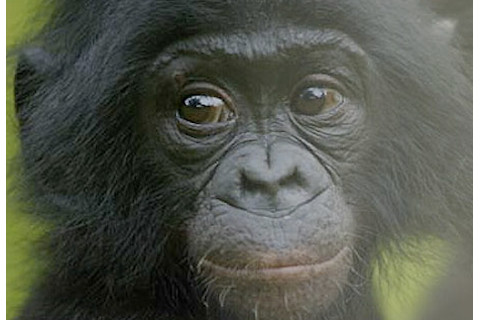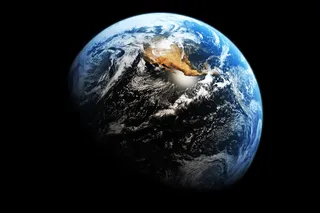1) As Carl already pointed out, my good friend Vanessa Woods is working with bonobos in Congo and unfortunately they are suffering from a mysterious virus:
The virus has infected over 20 bonobos and counting, and has already killed four. Another 3 have died, we aren’t sure of the cause, so it could be as many as seven, which means the sanctuary has already lost over a tenth of its population. The symptoms are a dry cough, followed by a runny nose. But then the bonobos start hyperventilating, it’s like they can’t get enough air. They die as quickly as 72 hours after the initial symptoms. The problem is, the virus hasn’t seem to run its course, it’s been through the nursery twice, and is bouncing back and forth between the enclosures.
If you have heard anything about this illness in great apes, please write to v.woods@duke.edu. To donate to Lola ya bonobo sanctuary where they desperately need medicine for these orphans, please visit www.friendsofbonobos.org/support.htm. 2) Because I've been traveling much of the week, the final panelist at the 2009 Science and Technology in Society Conference, Reynold Galope, will be featured on Monday. I expect his topic, 'Defining a Comparison Sample to Measure the Effect of Institutional Factors on Highly Creative Scientific Research: Issues and Options' will provoke an interesting discussion. 3) A new science blog carnival will be published on 6 April at Scientia. It's for posts related to science, nature and medical topics and you can still submit entries here... 4) For those with access to Science, there is a terrific editorial (very much related to a prominent theme of Unscientific America) by Bruce Alberts on page 13 of today's issue:

Exactly. There are many ways to work in science and I'm pleased to see this emphasized by Science's Editor-in-Chief. Read on here...
One senses that we are reaching a tipping point, where students who prefer to work in the world of public policy, government, precollege education, industry, or law will no longer be viewed as deserting science. Faculty and students can then begin to talk honestly about a whole range of respected, science-related career possibilities. This is crucial, because we must promote the movement of scientists into many occupations and environments if our end goal is to effectively apply science and its values to solving global problems.













